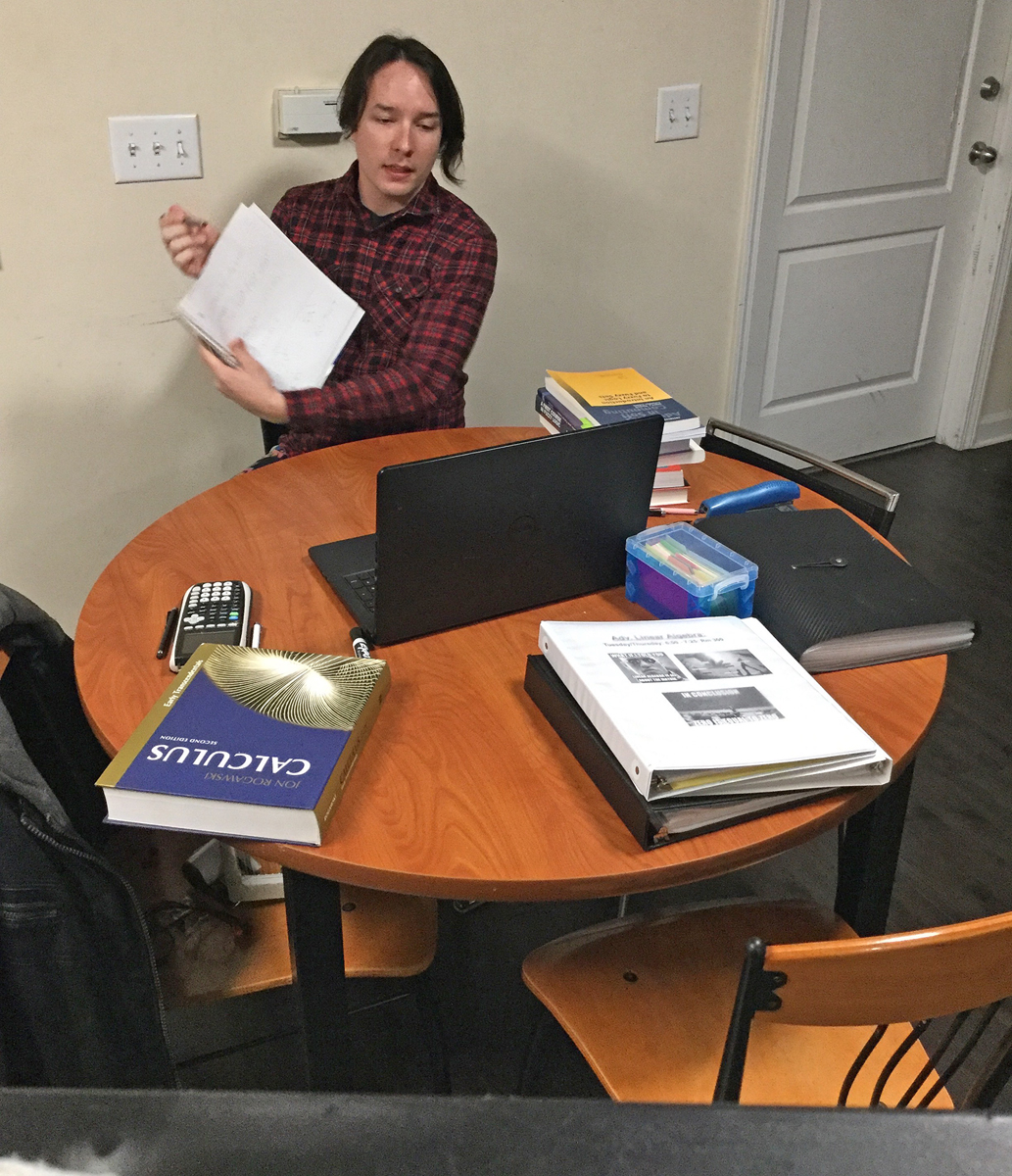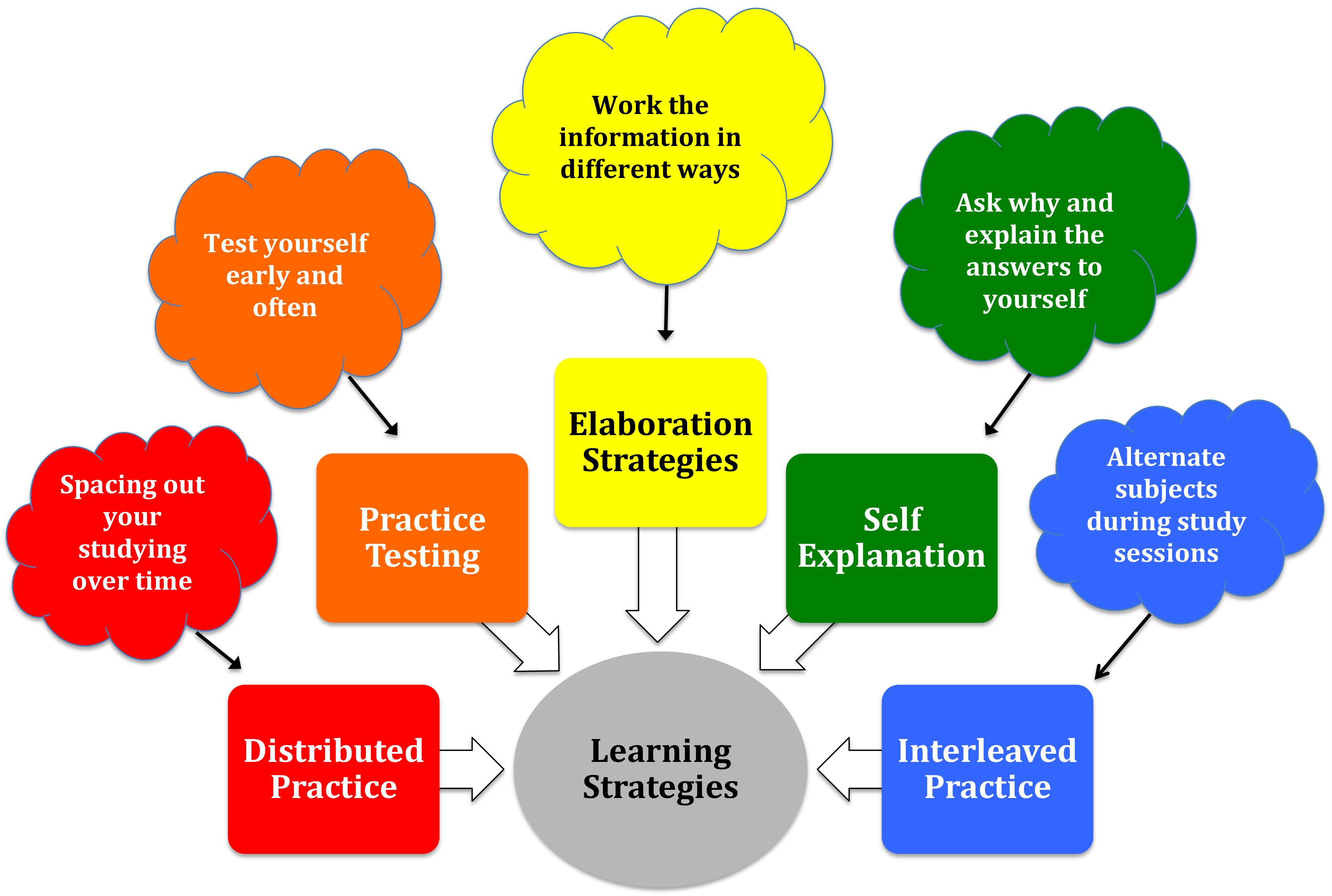Online tutoring has become an invaluable resource at MTSU throughout semesters of remote learning and socially distanced safety standards. But how has it evolved to become the incredible program we now have at our disposal?
Originally, MTSU tutoring was available on-campus in select departments, but the coordination of these services was not centralized.
In 2012, a campus-wide initiative was suggested by the then-dean of Walker Library to establish a centralized tutoring location as a resource for MTSU’s True Blue student body. Thorough research conducted by Dr. Cornelia Wills reinforced the initiative.
“Data showed that students are retained at a higher rate, and they actually come to tutoring more often if it is in a centralized location,” she said.

Dr. Cornelia Wills
Centralized tutoring was piloted in 2013 and subsequently was fully implemented.
In January 2014, current associate vice provost for Student Success, Dr. Vincent Windrow, received as his first assignment the assistance of the coordination of this centralized tutoring initiative.
To implement the centralized tutoring plans, Dr. Windrow worked with Walker Library’s then-dean to help set up the Tutoring Spot on the library’s first floor.
By fall of 2015, Dr. Windrow’s Office of Student Success was established, and Dr. Wills assumed complete leadership of the centralized tutoring program.
Utilizing her institutional research background, Dr. Wills determined the program’s success could be measured by tracking statistical changes in three categories: tutoring usage, retention, and grades. Analysis of all of these metrics revealed overwhelmingly positive data.
Tutoring usage more than doubled in two years’ time. The total number of sessions grew by 126%.
Retention results were just as undeniable. “The freshman and sophomore students that went for tutoring were retained at 17 percentage points higher than those that did not go for tutoring. That’s huge,” Dr. Wills said.
Grades yielded gratifying returns as well. “Data showed that almost 100% of students that went for tutoring passed the course. And of those that passed the course, 70% passed it with the grades A and B. And of those that made A and B, one-third passed with the grade of A.”
The Tutoring Spot remained an integral part of on-campus functions until the pandemic shook things up in March of 2020. By the time classes resumed on March 25 after an extended spring break, adaptation had begun.
Christyn Allen, an undergraduate student in the School of Journalism and Strategic Media, was a tutor with the program at the time of the big change.

Dr. Vincent Windrow
“The transition was kind of hard, at first, just because I [had been] used to sitting in the library and waiting for students to come to me,” she said. “But I feel like after the transition, students were a lot more apt to coming to tutoring because I guess they didn’t have to spend the time to walk to the library and stay there for however many hours.”
The transition was quick and effective, but not seamless. “We kind of did it over email for a while and then just through Zoom calls, so it was a lot at the time, but it’s a lot easier now, I think,” said Allen.
When in-person, student participation had been tracked by a program called NAVIGATE. Once online, Zoom provided statistic accumulation capabilities as well, and a comparison of the numbers painted an encouraging picture.
Previously, 52% of the student body had taken advantage of the Tutoring Spot’s services. Post-quarantine, that percentage barely dipped to an encouraging 48% participation rate.
Several tutors within the program have sung the praises of the current Zoom system. Some are veterans of the centralized tutoring program from its on-ground days, and some have known only the Zoom method as newly trained employees.
Session formats vary by department, but most may be reached by clicking a link on the MTSU Student Success page that leads to a Zoom “room” for any number of participants. The hours of a tutor’s availability are the hours during which the room may be accessed.
The sessions are not recorded, so there need not be fear for trepidated newcomers seeking help.
In fact, diminishing fear in general is one of the advantages of seeking tutoring.
Andy Modaff, an undergraduate tutor of philosophy, believes that for some students there may be a wall that keeps them from asking a peer for help rather than a professor, but that they should focus more on the advantages of peer relatability and avoid feelings of intimidation.

MTSU junior biology major Steffany Jenkins of Franklin, Tenn., helps a fellow student as a tutor in the Office of Student Success initiative. MTSU has more than 180 tutors and 30 supplemental instructors in 200 subject areas. (Submitted photo by Brittany Jenkins)
Catheryn Bolick, an undergraduate tutor of music theory reinforced that idea. “Don’t be afraid to come talk to us,” she says. “We’re here to help, we want to help… take advantage of this.”
For most departments’ sessions, students may pop in and out whenever they feel like it, so there is no amount of “standard” or “required” time. It’s purely open and available for those who need it, for any length of time they want it.
Convenience and flexibility are two of the biggest reported benefits of the switch to tutoring online, both for tutors and their tutees.
Reece Rich, an undergraduate and seasoned tutor in the engineering technology department, said that since the online shift he’s seen “way more” students attend tutoring sessions than ever before. In his case, weekend hours are now available, which he thinks may be a contributing factor.
In his experience, Zoom has also made it easier to work in a group setting. His old, on-campus tutoring room used to get over-crowded.
“Now with Zoom… everyone can see equally, hear equally, and be heard equally,” he said.
The whiteboard and screen-sharing capabilities of Zoom are also helpful technical features.
Katie Lepp, a tutor in the accounting department in the College of Business, said there are no geographical limitations or traveling expenses with the online option. Therefore, busier schedules may be freer to take advantage of the program without having to worry about commute time.
Many tutors have also said that younger generations may even be more comfortable interacting behind screens than in-person, after years of video games and social media experience.
Graduate Assistant Brenna Armfield, a tutor in the psychology department, firmly believes that young or old, anyone can benefit from tutoring because it helps with learning in general.

College of Basic and Applied Sciences graduate student Zach Thomas helps tutor an undergraduate student in Calculus I during a remote session Thursday, April 2, from his home. MTSU has more than 180 tutors and 30 supplemental instructors offering assistance in 200 courses campuswide. (Submitted photo by Zach Thomas)
“Even if you’re doing well in the class, you might not necessarily be aware” of the resources made available through the program, Armfield said. “Maybe you’re still doing well enough to get a good grade or a good enough grade on the test, but if you actually want to know more beyond that or learn it better for long term…” she said, then she recommended tutoring to bring you learning strategies which will be more helpful than cramming for a grade.
A common piece of feedback from tutors across disciplines is that people tend to become aware of the need for tutoring after exams start up.
“It’s a lesson everyone learns at some point,” said Rebecca Lee, an undergraduate tutor in the recording industry department, “‘Oh no… I underestimated my workload or time or something.’ We all have been there at some point.”
“Don’t wait too late to get help,” advises Dr. Wills. “Don’t wait until right before the exam to come to tutoring assistance. That’s too late. Come all along; don’t wait. Come early and come often.”
And a student doesn’t have to be in a particular major to receive tutoring. Students who didn’t get the opportunity to chime in in-class, or who are intimidated by the “fountains of knowledge” leading class discussions are welcomed with open arms by philosophy tutor Andy Modaff and his colleagues.
“It’s all about the student. It’s only for them. It’s a good thing,” Modaff said. “If I was being paid to be a tutor or not, this is something that I’d want to spend my time doing anyway.”
MTSU’s online tutoring is offered in 200 courses and hosted by 188 total tutors across all departments. The tutors are a mix of graduate assistants and undergraduate students who have been recommended or referred to work for the program.
A screening process determines whether interested students know their subject areas and have taken their necessary classes before being accepted to the paid position. Their GPAs and prior performances in classes are also evaluated to determine eligibility for tutoring.

(Graphic: Submitted)
“It’s awesome that it’s free for students but we still get paid for our time,” tutor Catheryn Bolick said.
“I think that more people should utilize it,” said Shelby Stewart, an undergrad who tutors for the College of Media and Entertainment. “People can kind of get in their heads about it, can be insecure to, like, go to a tutor, go to a professor and ask for criticism because we don’t want to get our feelings hurt.”
But, ultimately, taking a chance on a free resource is a convenient, beneficial choice with statistically significant results.
“Tutoring can oftentimes be the difference in passing and failing a course. Those students who take advantage of the free tutoring at our university do themselves a favor. That’s always cool,” said Dr. Windrow.
If you would like more information on the Tutoring Spot, click here. For more information on Student Success, click here.
Author Darby McCarthy is currently an undergraduate student at MTSU, majoring in Journalism in the College of Media and Entertainment. The views and opinions expressed above are her own.


COMMENTS ARE OFF THIS POST